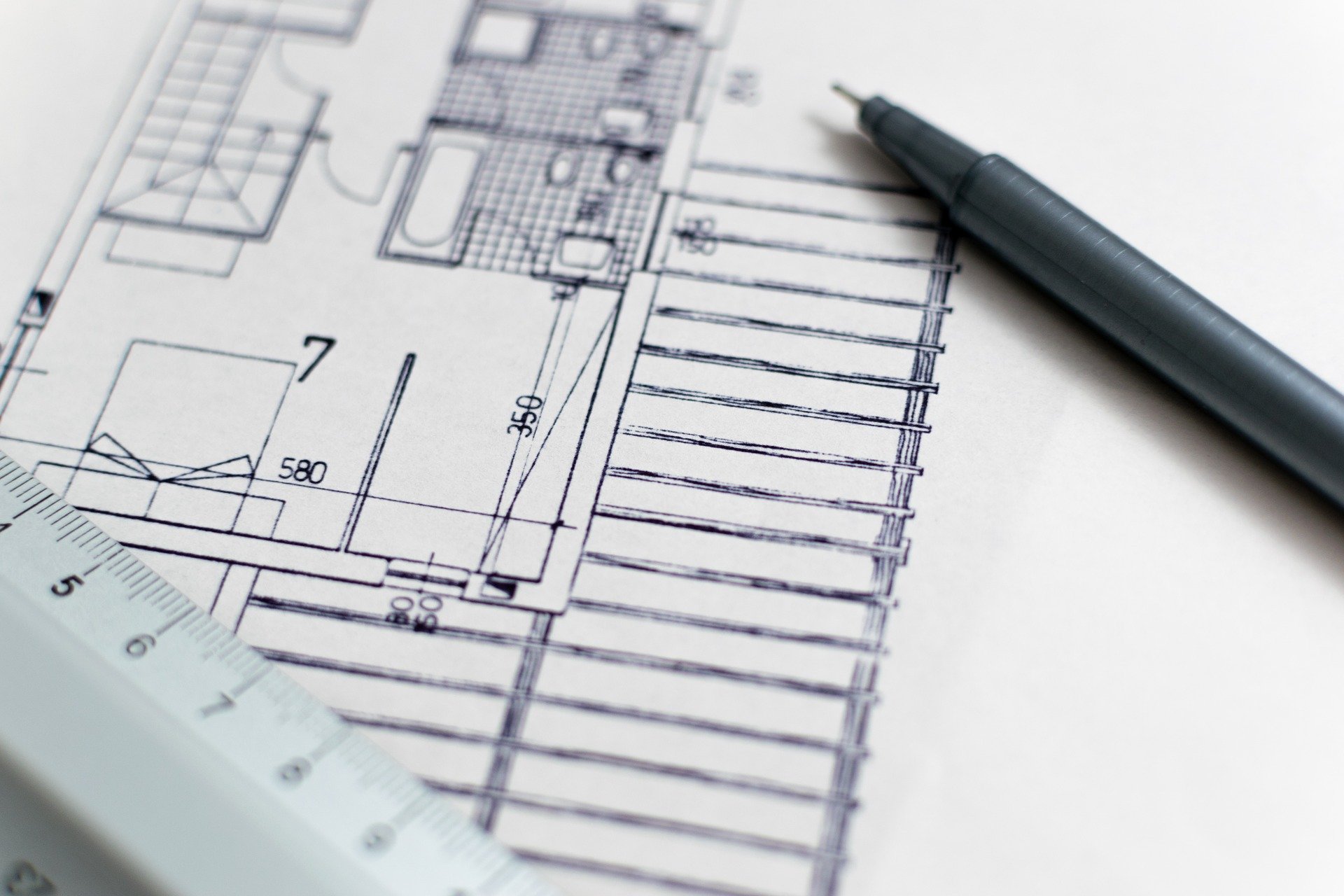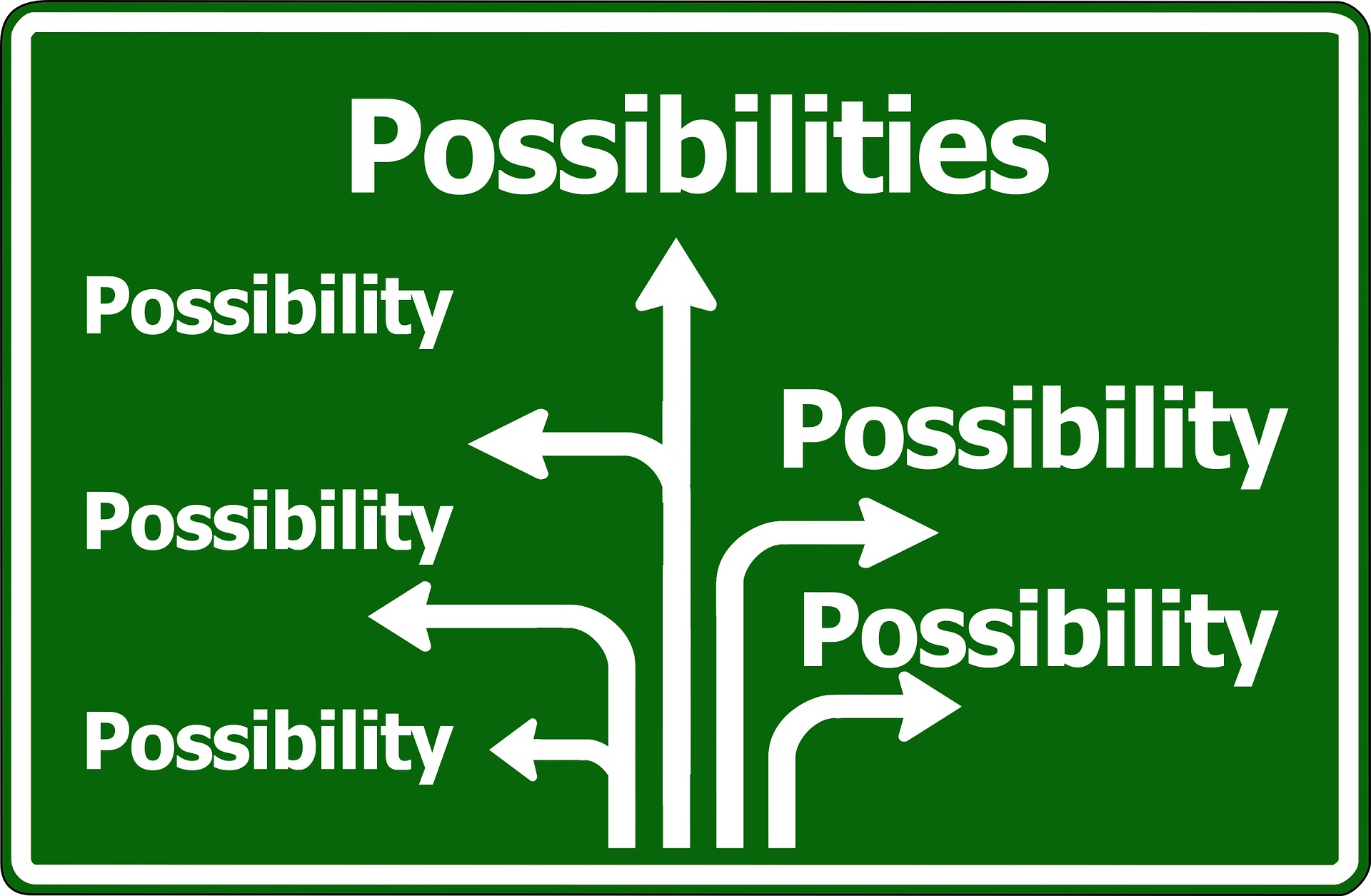Yes, you read the title right. We are going to explore the value of NOT planning. In the over-achieving world that we live in, you are considered a loser if you do not have a plan. It’s all about goals and then creating plans to meet these goals.
Corporate trainers came up with the concept of SMART (Specific, Measurable, Achievable, Realistic, and Time-Bound) goals and this concept has become extremely popular. Even I am guilty of asking this question to all the clients in the intake form after the free introductory, chemistry session and before the first session of the coaching arrangement.
Why are We so Obsessed with Planning?
The most significant cause of this obsession with a plan is the peer pressure that we feel every time we are asked this question – So, what are you planning to do or what is your plan for the future? Indeed, younger people are probably a victim of this question far more than those who are comfortably ensconced in a regular job. It almost seems sacrilegious to say that you do not have a plan. Fear of being brandished as a languisher or a loser (to use a more slangish word) makes you want to think of something to say to these people. We create these plans just so that we can say something when asked this question and then promptly fall into our own trap, believing that this is the plan we must follow.
What is the problem with that, you might ask? Even if we create a plan due to peer pressure, having a plan is a good thing. Media stories and biographies about successful people make us believe that they became successful following a childhood dream and knew the exact steps to take to reach where they are today. The recreated past sounds like a fairy tale from one step to another (with a few hurdles thrown in, along the way). These recreated stories, psychologists tell us, are never as streamlined or as straightforward as they seem in hindsight. In reality, successful people go through their own versions of iterations, doubts, changes of plans, hesitations, exploration, and more along the way!
Having a plan means that we know what to do next. It reduces the cognitive load by giving us a set path to follow. We would not need to take in new information, process it, look at the options, and then decide the next step forward. Doing that over and over again can be taxing and tiring. All the cognitive tasks that come along with lack of planning include decision making, analysis-paralysis, and conflict resolutions. Changing course frequently also requires communication with others so that others are also on the same page.
The Problem with Planning
Planning is not a bad word in all situations. It is a great thing to do when you have a problem that has a fixed solution. For example, designing and creating a new house requires intricate planning with Gantt charts, financial, sourcing, and resource planning.

Image by Lorenzo Cafaro from Pixabay
Planning becomes a problem when the problem does not have a fixed solution. Either you or the context is shifting. Career is the best example to take in such a case. We often plan our careers even before we have tried our hands at specific jobs and base our entire lives on the academic pursuit of a subject. Studying psychology can be very different from setting up experiments on your own or listening to clients with compassion and regard for an hour.
The changing environment can mean that the dream job or destination may not even exist right now. BY creating a solid plan, we can end up denying ourselves the paradise of doing something that we love!
When we plan in a dynamic problem, we also tend to miss the fact that we change too. We may realize that some aspects of our personality undergo change and you may want to do something other than what you had initially planned for. By creating a rigid plan, we deny ourselves the joys of doing what we love!
Planning versus Prototyping

Image by Gerd Altmann from Pixabay
Bill Burnett and Dave Evans (in their book caked Designing your Life) share a solution to what is called ‘wicked problems’ in which the context and subject are dynamic.
When you know that the context is changing too fast, the idea is to repeat the cycle of act and access, without excessive investment or attachment at any given step.
Let me explain using the career example mentioned before. If you love reading, you could start by looking at various offshoots of that. You could do a stint in the library in your summer vacations, intern at a publishing house, create storytime stalls in fairs, write a book review blog, or start a book club. Each of these options will reveal aspects about yourself and the larger context of publishing houses, holding events, interactions with new people, internet marketing, and more.
Depending on the choice that you enjoy the most, you can then take your next step towards what you want to do next. The trick, however, is to be open to new ideas, allowing yourself to experiment as you go along to know what works for you.
Once you find that thing you love doing, it is almost inevitable that you will get too invested in it. This is what is called passion these days. But watch out for the attachment that comes with the fruits of labor. If you are more attached to the money that doing something makes (a job, for instance) and not attached to the task itself (job), it will take its toll sooner or later.
Remember, it’s a journey and we all end up in the same place – ‘Earth to earth, dust to dust!’
Choose to enjoy this beautiful journey of life, anyway!
Featured image by Pexels from Pixabay


Have always been a non-planner! (That is if there is such a term!) Meticulous planning is not my thing. We all do have broad plans but there should be room and scope for alterations. Thanks for reinforcing my beliefs.
Nice that you have been flexible and a non-planner.
I guess the post came from me because I am painfully aware of my journey from being a ‘control-freak’ to ‘go-with-the-flow’ person.
But what a wonderful place to be it is – peaceful and serene!